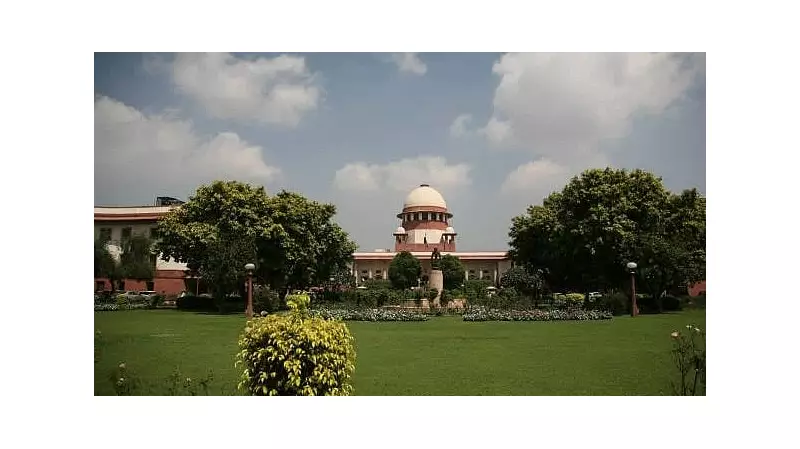
Supreme Court's Landmark Ruling on Governor's Role in Bill Assent Process
The Supreme Court of India has delivered a significant verdict clarifying the constitutional powers and responsibilities of Governors and the President concerning bills passed by state legislatures. This ruling comes in response to a Presidential Reference sought by the Union government, addressing critical questions about the apex court's earlier interpretation of constitutional authorities' powers.
The case, which has been closely watched by constitutional experts and political observers, originated from concerns about the proper implementation of Articles 200 and 201 of the Indian Constitution. These articles govern the process by which Governors and the President deal with bills passed by state legislative assemblies.
Timelines and Constitutional Obligations
The Supreme Court provided crucial clarity on the timelines within which Governors must act on bills passed by state legislatures. The court emphasized that constitutional authorities cannot indefinitely delay their decision on bills presented to them for assent. While the Constitution does not specify explicit timeframes, the court ruled that unreasonable delays would violate constitutional principles.
The bench addressed the specific case of the Tamil Nadu government's plea, where concerns were raised about pending bills. The court's observations in this matter set important precedents for how similar situations should be handled across all states.
Regarding the constitutional options available to Governors, the Supreme Court outlined the limited choices they have when presented with a bill. These include granting assent, withholding assent, or reserving the bill for the President's consideration in specific circumstances outlined in the Constitution.
Judicial Scrutiny and Presidential Reference
The court firmly established that decisions made by the President and Governors under Articles 200 and 201 are subject to judicial scrutiny. This means that if these constitutional authorities act in a manner that violates constitutional provisions or principles, their actions can be challenged in court.
The Presidential Reference to the Supreme Court was made to seek clarity on several important constitutional questions. The Union government sought the court's interpretation on whether Governors and the President can be bound by fixed timelines for decision-making on bills, and what constitutional remedies exist when such authorities delay their decisions.
The Supreme Court's response to these questions has far-reaching implications for India's federal structure and the balance of power between state governments and central authorities. The ruling reinforces the principle that constitutional functionaries must exercise their powers responsibly and without undue delay.
Impact and Future Implications
This landmark judgment is expected to significantly impact how Governors exercise their powers regarding state legislation. The clarification provided by the Supreme Court on November 21, 2025, establishes important constitutional principles that will guide future interactions between state governments and Governors.
The ruling also strengthens the framework for judicial review of actions taken by constitutional authorities. By affirming that such decisions can be subject to judicial scrutiny, the court has reinforced the checks and balances essential to India's democratic system.
Legal experts believe this verdict will prevent the misuse of constitutional powers and ensure that bills passed by democratically elected legislatures receive timely consideration. The Supreme Court's clear stance on unreasonable delays provides state governments with legal recourse when faced with gubernatorial inaction on important legislation.
As India continues to evolve as a federal democracy, this ruling represents a significant step toward clarifying the roles and responsibilities of various constitutional authorities, ensuring smoother functioning of the legislative process across all states.





